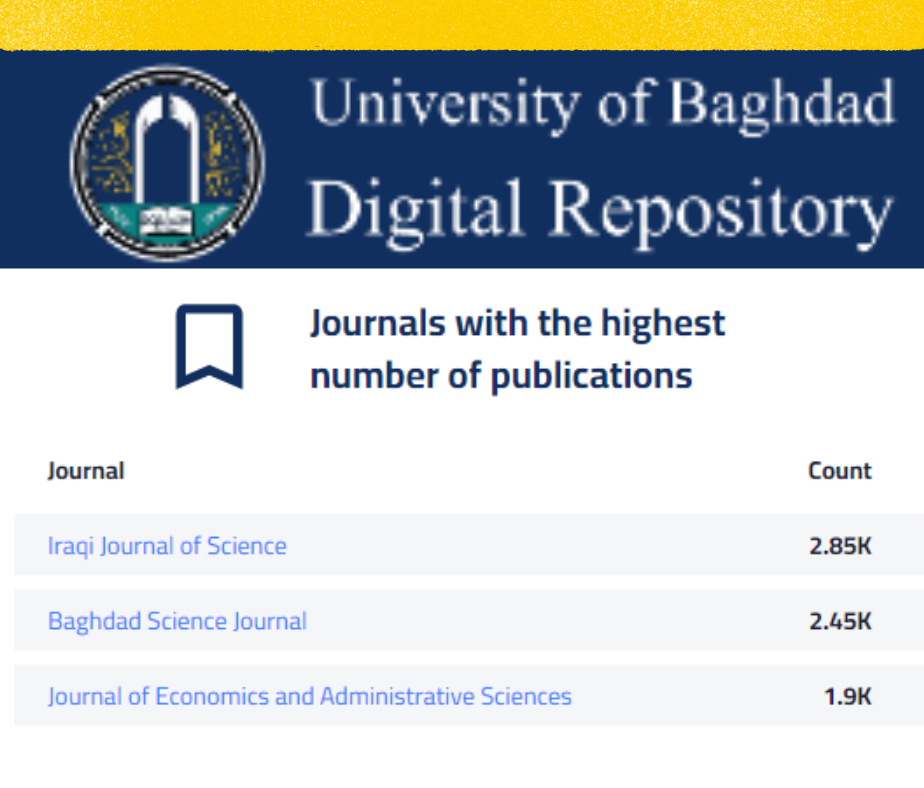An Analysis of The Extent of Strategic Entrepreneurships’ Dimensions which applied by the leaders of The National Security Advisory
DOI:
https://doi.org/10.33095/kbhqp429Keywords:
Strategic Entrepreneurship, innovation, creativity, National security Advisory.Abstract
Strategic entrepreneurship is one of the contemporary administrative trends that elevate the status of organizations by enhancing their level of performance, and its importance is particularly clear for security organizations. The current research aims to diagnose the level of practice of strategic Entrepreneurship in the National Security Advisory in Iraq. The research community was represented by the administrative leaders of the National Security Advisory, and the research included a sample of (133) of the leaders of the surveyed Advisory, and the questionnaire was the main tool for collecting data and information related to the research. The current research adopted the descriptive analytical approach, being the most appropriate for the research as it is embodied in follow-up, investigation, and codification in a qualitative way to know the phenomenon in terms of subject and content, and to reach results and generalizations that help in understanding reality, and a number of statistical methods were used, including the mean, standard deviation, coefficient of variation, and percentages, Correlation coefficient and regression coefficient, through the statistical program (SPSS). The research reached a set of conclusions, the most prominent of which was the interest of the National Security Adviser in entrepreneurial culture, which raises the level of strategic Entrepreneurship, resulting from strengthening its position through the ability to make decisions and follow up on its implementation carefully, in addition to having a clear philosophy through which it attracts promising ideas in a high way.
Downloads
Published
Issue
Section
License
Copyright (c) 2024 Journal of Economics and Administrative Sciences

This work is licensed under a Creative Commons Attribution-NonCommercial-NoDerivatives 4.0 International License.
Articles submitted to the journal should not have been published before in their current or substantially similar form or be under consideration for publication with another journal. Please see JEAS originality guidelines for details. Use this in conjunction with the points below about references, before submission i.e. always attribute clearly using either indented text or quote marks as well as making use of the preferred Harvard style of formatting. Authors submitting articles for publication warrant that the work is not an infringement of any existing copyright and will indemnify the publisher against any breach of such warranty. For ease of dissemination and to ensure proper policing of use, papers and contributions become the legal copyright of the publisher unless otherwise agreed.
The editor may make use of Turnitin software for checking the originality of submissions received.













 How to use the OJS system
How to use the OJS system 










